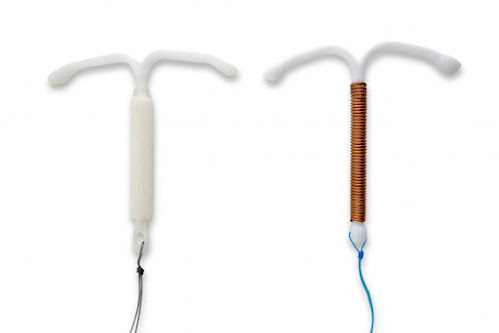Legal and Ethical Aspects of Male Circumcision in Dubai
Male circumcision, while often a cultural and religious practice, is subject to legal and ethical scrutiny in Dubai. This examination involves understanding the rights of individuals, cultural considerations, and the ethical dimensions of the procedure.
Legal Framework:
Dubai's legal framework provides a foundation for understanding the rights and responsibilities related to male circumcision.
Consent and Legal Age:
In the context of Male Circumcision in Dubai, legal age and the issue of consent are critical considerations. Dubai's laws generally require parental consent for medical procedures involving minors, but the specifics may vary based on cultural and religious practices.
Medical Professional Standards:
Male circumcision in Dubai is typically performed by qualified medical professionals. The legal framework emphasizes adherence to medical standards, ensuring that the procedure is conducted safely and ethically.
Ethical Considerations:
The ethical aspects of male circumcision in Dubai encompass a range of factors, including cultural sensitivity, individual autonomy, and the preservation of religious traditions.
Cultural Sensitivity:
Dubai's multicultural environment underscores the importance of cultural sensitivity in ethical considerations related to male circumcision. Respecting diverse cultural practices is paramount, and healthcare professionals navigate these nuances with care.
Individual Autonomy:
Ethical considerations acknowledge the autonomy of individuals and, in the case of male circumcision, the rights of parents to make decisions on behalf of their children. Striking a balance between parental rights and individual autonomy is an ongoing ethical discussion.
Cultural Traditions:
Male circumcision in Dubai is often deeply tied to cultural traditions, and the legal and ethical discourse takes these traditions into account.
Rituals and Ceremonies:
Cultural traditions surrounding Male Circumcision in Dubai & Abu Dhabi may involve specific rituals and ceremonies. Ethical considerations extend to respecting and preserving these cultural practices and recognizing their significance to communities in Dubai.
Informed Decision-Making:
The ethical dimension of male circumcision includes ensuring that decision-making processes are informed and transparent. Healthcare professionals play a crucial role in providing families with comprehensive information, allowing for decisions aligned with cultural and religious values.
Evolving Perspectives:
Dubai's dynamic society sees evolving perspectives on male circumcision, bringing forth discussions on ethics and legal considerations.
Public Discourse:
Public discourse plays a role in shaping ethical considerations. Debates on cultural sensitivity, individual rights, and medical ethics contribute to an evolving understanding of male circumcision within the legal framework.
Medical Advancements:
Advancements in medical technologies and practices also influence the ethical discourse. Ensuring that procedures align with the latest medical standards contributes to ethical decision-making in male circumcision.
Conclusion!
Navigating the legal and ethical aspects of Male Circumcision in Dubai, Abu Dhabi & Sharjah involves a delicate balance between cultural traditions, individual rights, and medical standards. As the city continues to evolve, the legal and ethical landscape surrounding male circumcision will likely see ongoing discussions and adaptations to reflect the diversity and values of its residents.



Comments
Post a Comment